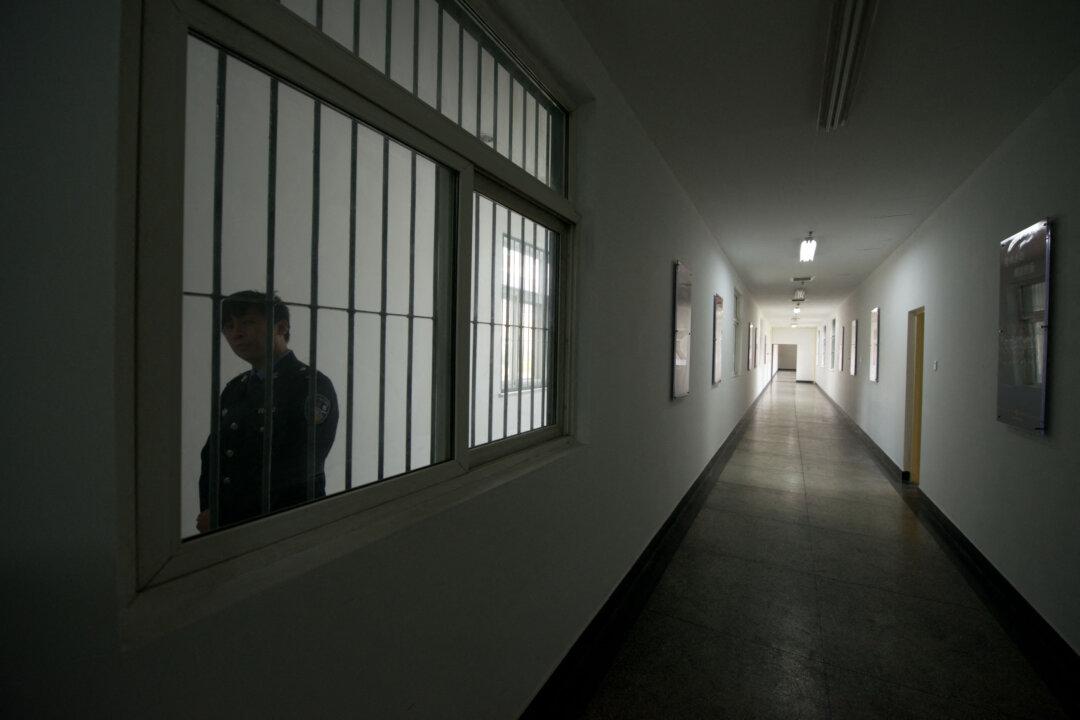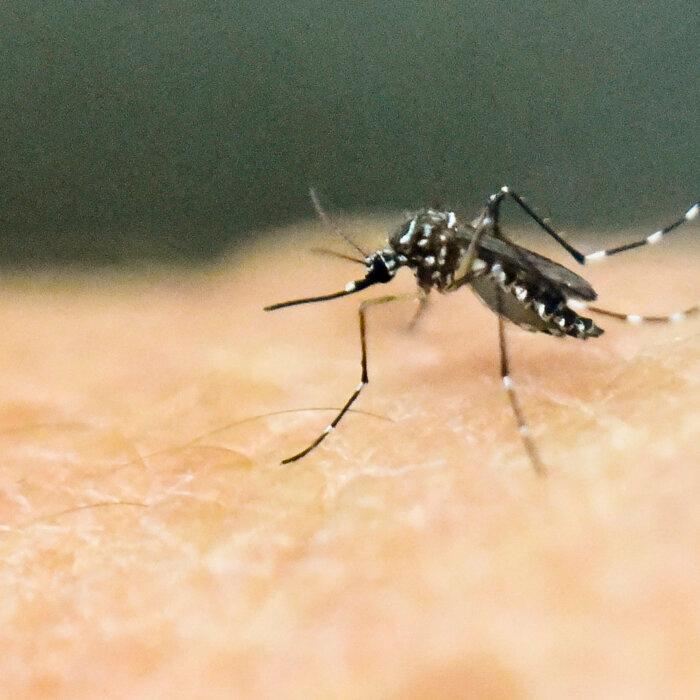A Chinese mother and her U.S.-born young child are being barred from leaving China after a family trip there in 2024, another case in which Beijing has stopped foreigners and Chinese nationals from exiting the country.
In August 2024, Gao Zhen was detained on the charge of “slandering China’s heroes and martyrs” during a family trip. The foundation pointed out that the charge was based on a law that went into effect in 2018 (the Law on the Protection of Heroes and Martyrs) but that Gao Zhen’s artworks mocking the CCP’s leadership were created before 2009.
Zhao and her son have been barred from leaving China since the senior Gao’s arrest. The foundation has questioned why Beijing chose to impose the exit ban on them, noting that neither one is accused of a crime or required for any criminal investigation by the Chinese authorities.
Unable to return to the United States, the 7-year-old Gao Jia “has been unable to attend school for a full year,” the foundation stated.
As for the senior Gao, the foundation stated that he is scheduled to be tried and sentenced “in the coming weeks,” and warned that he could receive a long sentence, despite his not-guilty plea.
“Charging someone with a crime that was not a crime at the time the alleged offense took place is a violation of a fundamental principle of justice, the principle of non-retroactive application of the law,” Kamm said.
“The Chinese government must stop persecuting the Gao family. It must free Gao Zhen and lift the exit bans on Gao Jia and his mother and allow them to return to the United States.”
The letter, written by the foundation’s Chief Advocacy Officer Roberto González, argued that Gao Zhen’s works of art “are incredibly necessary [for] educating the world on the truth of Mao’s dictatorial legacy.”
González also argued that Beijing should repeal the Law on the Protection of Heroes and Martyrs to “safeguard artistic freedom in China.”
“[Gao Zhen’s] detention is not just a violation of his rights but a blatant abuse of power and an attack on the fundamental human freedoms of all Chinese people who have the right to learn the truth about dictator Mao Zedong,” the letter reads.







